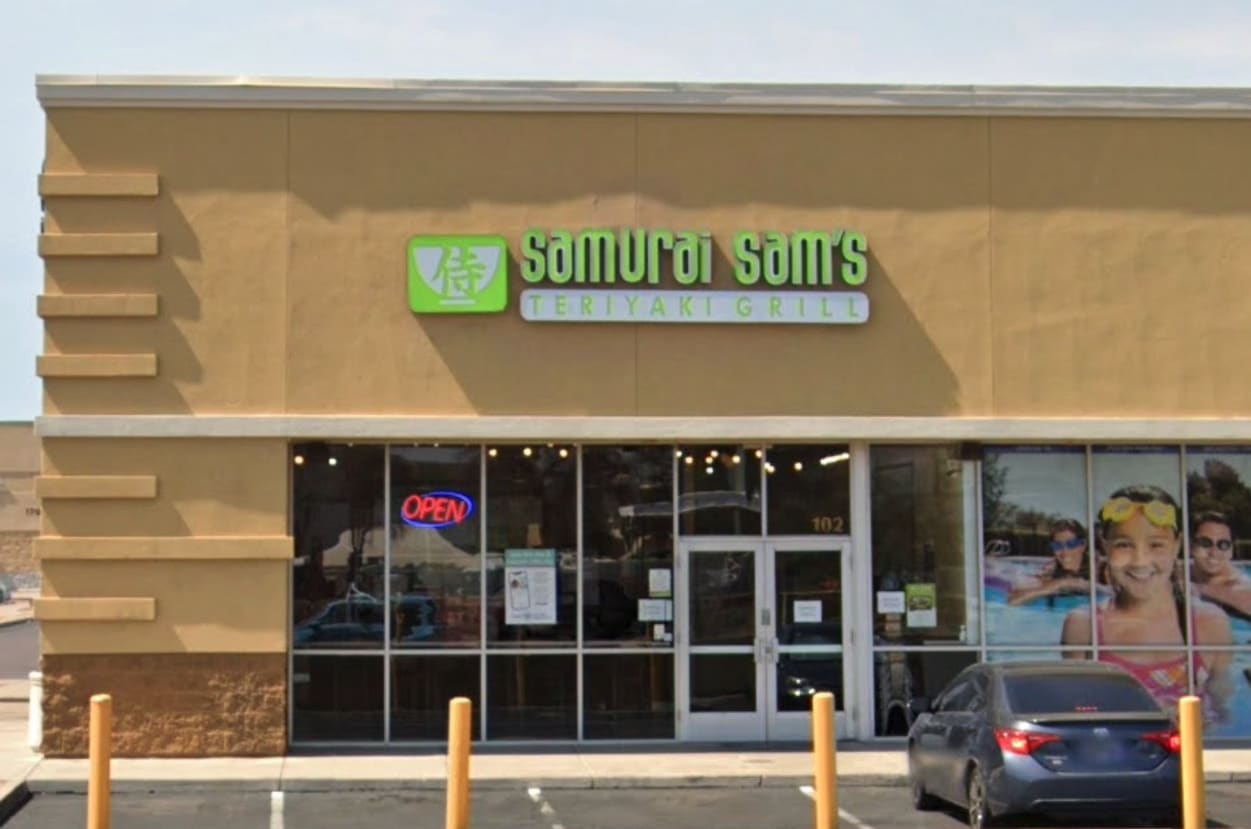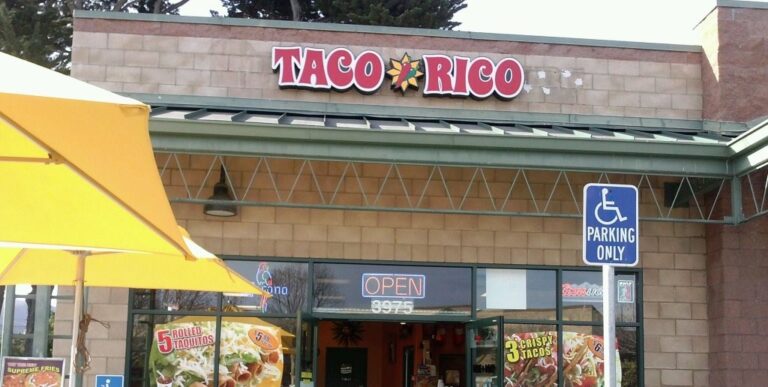Samurai Sam’s Teriyaki Grill Franchise FDD, Profits & Costs (2025)

Samurai Sam’s Teriyaki Grill is a quick-service restaurant franchise known for serving Japanese-inspired meals made with fresh ingredients. The concept was established in 1994 in Scottsdale, Arizona, by John Young, David Young, Kerry Phelps, and Russ Schoene, with the vision of offering a nutritious alternative to traditional fast food.
The brand began franchising in 1995, launching its first location just a year after its founding, and continues to operate its headquarters in Scottsdale, Arizona.
Its menu highlights include rice and yakisoba noodle bowls topped with grilled proteins, crisp vegetables, and its signature teriyaki sauce. Guests can also enjoy wraps, salads, and grilled egg rolls, all crafted to be both flavorful and affordable.
What sets Samurai Sam’s apart is its focus on healthier dining choices, its exclusive teriyaki sauce recipe, and customizable options like riceless bowls. This dedication to fresh, flavorful, and health-conscious meals positions the franchise strongly within the competitive Asian fast-casual market.
Initial Investment
How much does it cost to start a Samurai Sam’s Teriyaki Grill franchise? It costs on average between $113,000 – $623,000 to start a Samurai Sam’s Teriyaki Grill franchised restaurant.
This covers expenses such as construction, kitchen equipment, food inventory, and funds for initial operations. The total amount can vary based on several factors, including the specific restaurant format, the market and location selected, and whether the franchisee decides to lease or purchase the property. Samurai Sam’s Teriyaki Grill offers 2 types of franchises:
| Type of Franchise | Initial Investment |
|---|---|
| Traditional Samurai Sam’s Teriyaki Grill franchise | $289,900 to $623,300 |
| Non-traditional Samurai Sam’s Teriyaki Grill franchise unit | $112,660 to $420,800 |
We are summarizing below the main costs associated with opening a Traditional Samurai Sam’s Teriyaki Grill franchise.
For more information on the various types of franchises and its costs, refer to the Franchise Disclosure Document (Item 7).
| Type of Expenditure | Amount |
|---|---|
| Initial Franchise Fee | $14,000 – $30,000 |
| Lease Review Fee | $0 – $2,500 |
| Rent/Security Deposit (for 3 months) | $6,000 – $20,000 |
| Travel and Living Expenses (2 persons) while training | $2,500 – $5,000 |
| Architectural Fees | $15,000 – $25,000 |
| Leasehold Improvements | $125,000 – $292,000 |
| Restaurant Equipment, Furniture, Small Wares, Interior Signage and Menu Panels | $91,000 – $160,000 |
| Exterior Signage | $7,000 – $17,000 |
| Computer Hardware, Software (POS System) | $3,000 – $10,000 |
| PCI Compliance Costs | $150 – $1,300 |
| Opening Inventory (food and paper) | $2,500 – $7,000 |
| Business Insurance | $1,000 – $5,000 |
| Miscellaneous Opening Costs | $4,750 – $15,500 |
| Grand Opening Marketing | $10,000 |
| Depository Account | $3,000 |
| Additional Funds – 3 month initial period | $5,000 – $20,000 |
| TOTAL | $289,900 – $623,300 |
Average Revenue (AUV)
How much revenue can you make with a Samurai Sam’s Teriyaki Grill franchise? A Samurai Sam’s Teriyaki Grill franchised location makes on average $423,000 in revenue (AUV) per year.
Here is the extract from the Franchise Disclosure Document:

Samurai Sam's Teriyaki Grill Franchise Disclosure Document
Frequently Asked Questions
How many Samurai Sam’s Teriyaki Grill locations are there?
As of the latest data, Samurai Sam’s Teriyaki Grill operates a total of 12 locations, all of which are franchised.
What is the total investment required to open a Samurai Sam’s Teriyaki Grill franchise?
The total investment required to open a Samurai Sam’s Teriyaki Grill franchise ranges from $113,000 to $623,000.
What are the ongoing fees for a Samurai Sam’s Teriyaki Grill franchise?
Samurai Sam’s Teriyaki Grill franchisees pay a 6% royalty fee on gross sales, a 1% marketing fund fee, and must also spend at least 3% of gross sales on local advertising.
Who owns Samurai Sam’s Teriyaki Grill?
Samurai Sam’s Teriyaki Grill franchise is owned by Kahala Brands, a large franchising company that operates a diverse portfolio of quick-service and fast-casual restaurant brands.
Disclaimer
Disclaimer: This content has been made for informational and educational purposes only. SharpSheets is an independent educational resource and is not affiliated with, endorsed by, or representing any franchisor mentioned on this website. Where noted, figures are taken from the franchisor’s Franchise Disclosure Document (FDD). In some cases, we may provide independent calculations or estimates based on publicly available information. We do not make any representation or warranties with respect to the accuracy, applicability, fitness, or completeness of the information presented in the article. You should not construe any such information or other material as legal, tax, investment, financial, or other professional advice. Nothing contained in this article constitutes a solicitation, recommendation, endorsement, advertisement, or offer to buy or sell any franchises, securities, or other financial instruments in this or in any other jurisdiction in which such solicitation or offer would be unlawful under the franchise and/or securities laws of such jurisdiction.
All content in this article is information of a general nature and does not address the detailed circumstances of any particular individual or entity. Nothing in the article constitutes professional and/or financial and/or legal advice, nor does any information in the article constitute a comprehensive or complete statement of the matters discussed or the law relating thereto. You alone assume the sole responsibility of evaluating the merits and risks associated with the use of any information or other content in this article before making any decisions based on such information or other content.




